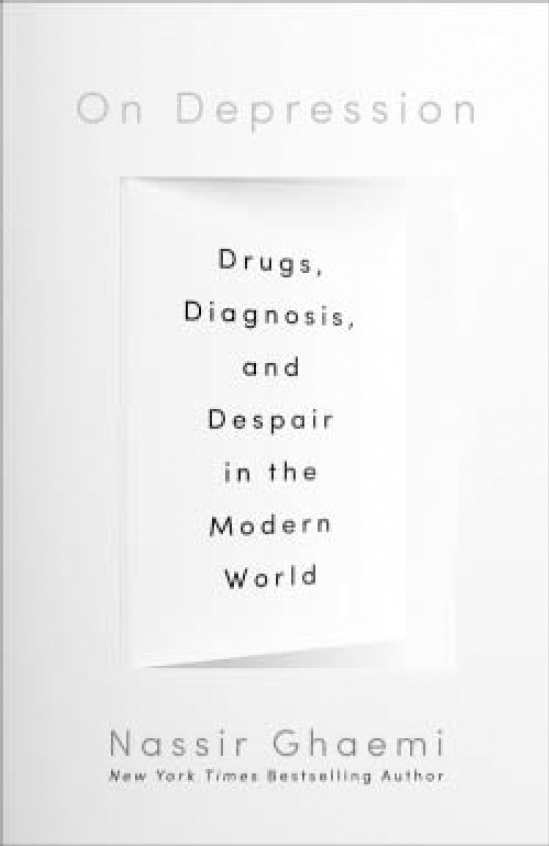
Rare is the book that escapes descending into polemic on the subject of depression - sometimes to tendentiously conspiratorial tales of bad pharma and professional castigation, sometimes to honest but insipidly narrow justifications of organicity. This was a book I opened with suspicion, yet Ghaemi succeeds in bringing fresh ideas. From a professor of psychiatry and pharmacology lecturing at Tufts and Harvard, with additional degrees in philosophy, public health and history, perhaps the mastery of eclecticism he exhibits should not have been surprising. Ghaemi provides a philosophical structure for considering unhappiness, but one designed to bolster the scientific validity of depression. As he makes clear, this is needed.
First, says Ghaemi, we found our truths in God. Later, with the dawn of the Enlightenment, we shifted our trust to science. Now, disillusioned by the capacity of science to provide absolutes, we have opened the floodgates to postmodern relativism. Any truth is permitted, for all are flawed to some extent. Choose bio; choose psycho; choose social. Whatever.
This is unacceptable, he continues. If there are no truths, are the lives saved by lithium a fiction? By spurning science in favour of pragmatic, socially convenient diagnostic categories, our hope in validity will be extinguished completely. Only a return to trusting what we do know, no matter how small, and recognising what we do not know, will save us. After all, the misquoted Hippocratic instruction to first do no harm is more about knowing who needs to be treated than knowing how best to treat them.
As the book hypothesises, separation of depression-disease (severe, recurrent and responsive) from depression-non-disease (chronic dysthymia, ‘problems of living’) can salvage our understanding of the disorder. The latter instils a depressive realism that gives subsequent happiness meaning, the former annihilates that same meaning which drives us to survive, psychologically if not physically.
Via his assorted mentors, including Frankl, Roazen and Jaspers, Ghaemi makes cases both for scientific truth and for the understanding that not all can be understood. No brain scan will ever answer why any of us decides to continue living at all, depressed or not. By often straying from the clinical line that the title suggests would be central, the book can at times feel inapplicable to a psychiatrist’s working life, but never to life itself. Perhaps these two should be less easily divisible.
Clearly written, with mercifully short chapters for the uninitiated reader, Ghaemi’s book elucidates how many of us already feel about the current construction of mood disorders, without having been able to articulate our misgivings. Hopefully, our conceptualisation of depression will stir, too.



eLetters
No eLetters have been published for this article.